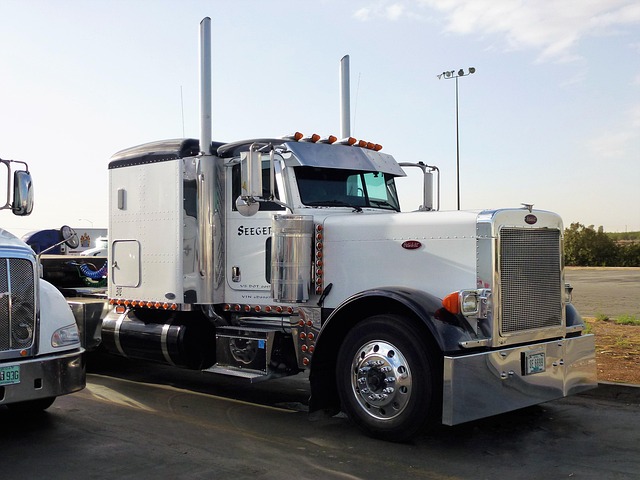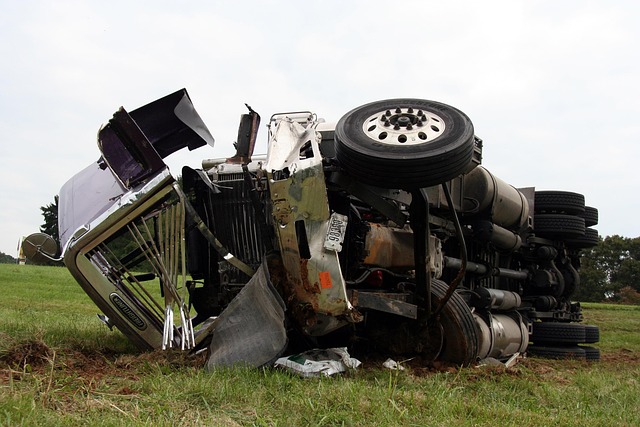Looking to register your car in California? This comprehensive guide walks you through every step, from understanding key requirements to completing the application. Ensure you have all necessary documents ready, including a valid VIN verifier, as this crucial number must be accurate for registration. Choose a convenient California Motor Vehicle Office (MVO) and follow our clear instructions for a smooth process.
- Understand California Car Registration Requirements
- Gather Necessary Documents for Car Registration
- Verify Vehicle Identification Number (VIN) Accuracy
- Choose a California Motor Vehicle Office (MVO)
- Complete and Submit Car Registration Application
Understand California Car Registration Requirements

Before diving into the registration process, it’s crucial to understand California’s car registration requirements. These regulations are designed to ensure vehicle safety and proper documentation. One key aspect is the verification of your vehicle’s unique identification number (VIN). In California, this process can be facilitated through a mobile VIN verifier, which allows for convenient and efficient inspections. By using a trusted mobile VIN inspection service, you can streamline the initial steps, ensuring your car meets all necessary standards before proceeding with registration.
The state requires vehicles to have current safety and emission inspections, as well as valid insurance coverage. Additionally, you’ll need to provide proof of ownership, typically through a title document. A mobile VIN verification service can play a crucial role here, offering on-site inspections that check for any outstanding issues or discrepancies related to the vehicle’s history and documentation. This is particularly useful when dealing with older or classic cars that may require special considerations.
Gather Necessary Documents for Car Registration

Before you begin the registration process, make sure to gather all the essential documents required by the California Department of Motor Vehicles (DMV). One crucial piece of paper is the Vehicle Identification Number (VIN) verification report. You can obtain this through a mobile vin verifier or conduct a vin inspection yourself using the unique 17-digit code etched on the vehicle’s chassis. This process is straightforward and often done via an online platform, ensuring accuracy and convenience.
Additionally, you’ll need your driver’s license, proof of insurance, the title or lienholder information, and possibly recent photos of the car to meet DMV standards. Having these documents ready will streamline the registration procedure, making it quicker and less stressful for both you and the DMV officials.
Verify Vehicle Identification Number (VIN) Accuracy

Before registering your car in California, it’s crucial to ensure the Vehicle Identification Number (VIN) is accurate and valid. The VIN is a unique code that identifies your vehicle and is essential for registration purposes. One effective way to verify the VIN accuracy is by using a reliable vin verifier. You can either visit a specialized service center or opt for a mobile vin inspection where a professional comes to you, making it convenient for busy individuals.
A vin inspection involves checking the VIN against databases to confirm its authenticity and history. This step is critical as an incorrect or altered VIN may lead to registration issues or even legal complications. By ensuring your VIN is valid, you can streamline the car registration process in California and avoid potential delays or rejections.
Choose a California Motor Vehicle Office (MVO)

When registering your car in California, selecting a convenient California Motor Vehicle Office (MVO) is a crucial step in the process. The state offers several MVOs located across different regions, ensuring residents can easily access services tailored to their needs. For those with busy schedules or limited mobility, considering a mobile VIN verifier could be ideal. These specialized services allow for on-site vehicle inspections and registration updates, providing a convenient alternative to traditional office visits.
Choosing a local MVO or opting for a mobile vin verification service can streamline the registration process. Residents are encouraged to verify their Vehicle Identification Number (VIN) using reliable tools, such as a mobile VIN inspection app, to ensure all information is accurate before initiating registration. This attention to detail helps prevent potential delays and ensures a smooth transition for car owners in California.
Complete and Submit Car Registration Application

After gathering all the necessary documents and ensuring your vehicle meets California’s registration requirements, the next step is to complete and submit your Car Registration Application. This form can be obtained online or in person at a California Department of Motor Vehicles (DMV) office. Fill it out accurately, providing detailed information about your vehicle, including its make, model, year, and unique Vehicle Identification Number (VIN). The VIN is a critical piece of data that serves as the foundation for all registration processes, so ensure its accuracy through proper verification.
Utilize a reliable vin verifier like our mobile vin verification service to cross-check the VIN against official databases, confirming its authenticity and ensuring there are no discrepancies or outstanding issues associated with it. This step is particularly important when registering a vehicle that has been previously owned or imported, as it helps prevent potential registration delays or rejections. Once your application is complete and verified, submit it along with the required fees to finalize the car registration process in California.
Registering your car in California is a straightforward process once you understand the requirements and gather the necessary documents. By verifying your vehicle’s Identification Number (VIN) using a reliable VIN verifier, ensuring all paperwork is accurate and complete, and visiting a designated Motor Vehicle Office (MVO), you’ll be on your way to legally registering your vehicle in no time. Remember to keep your registration up-to-date to avoid any legal issues and fines.



